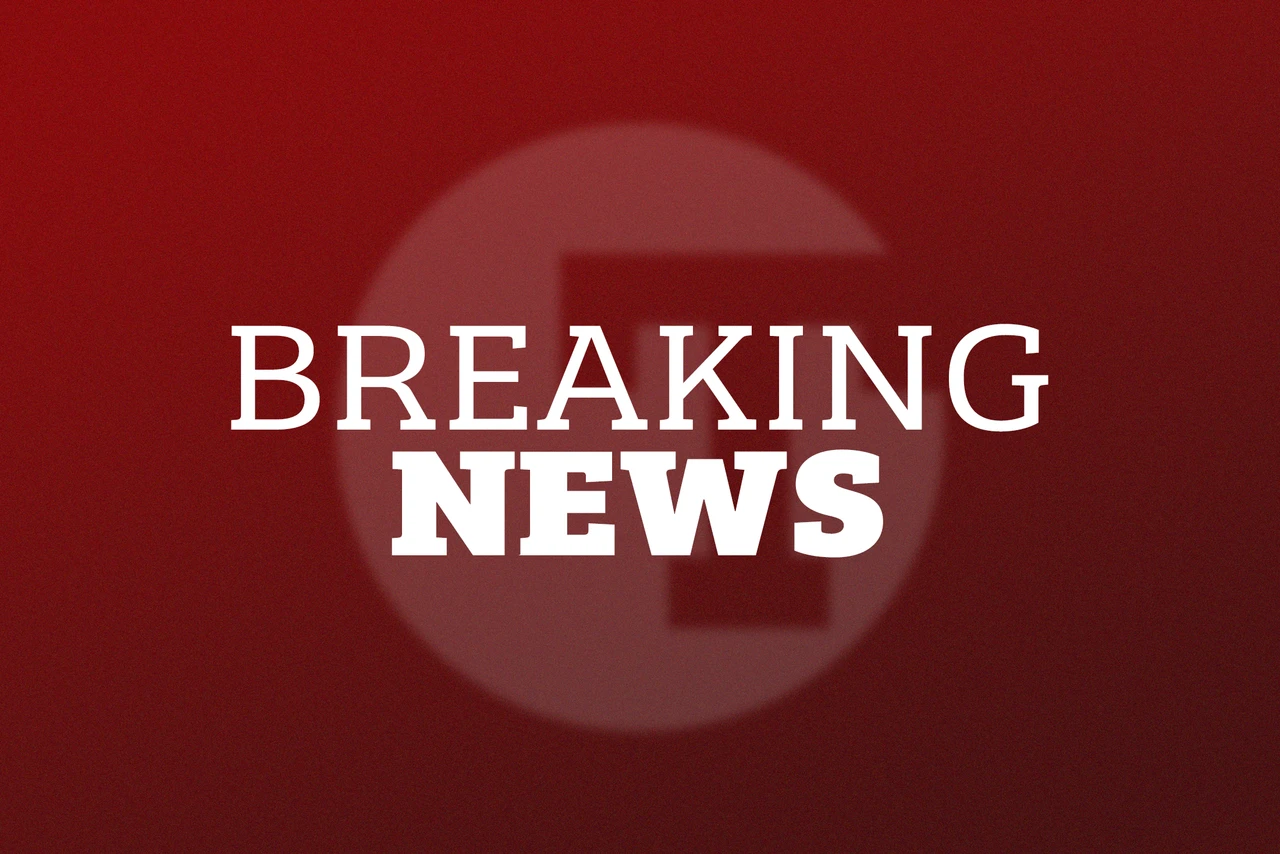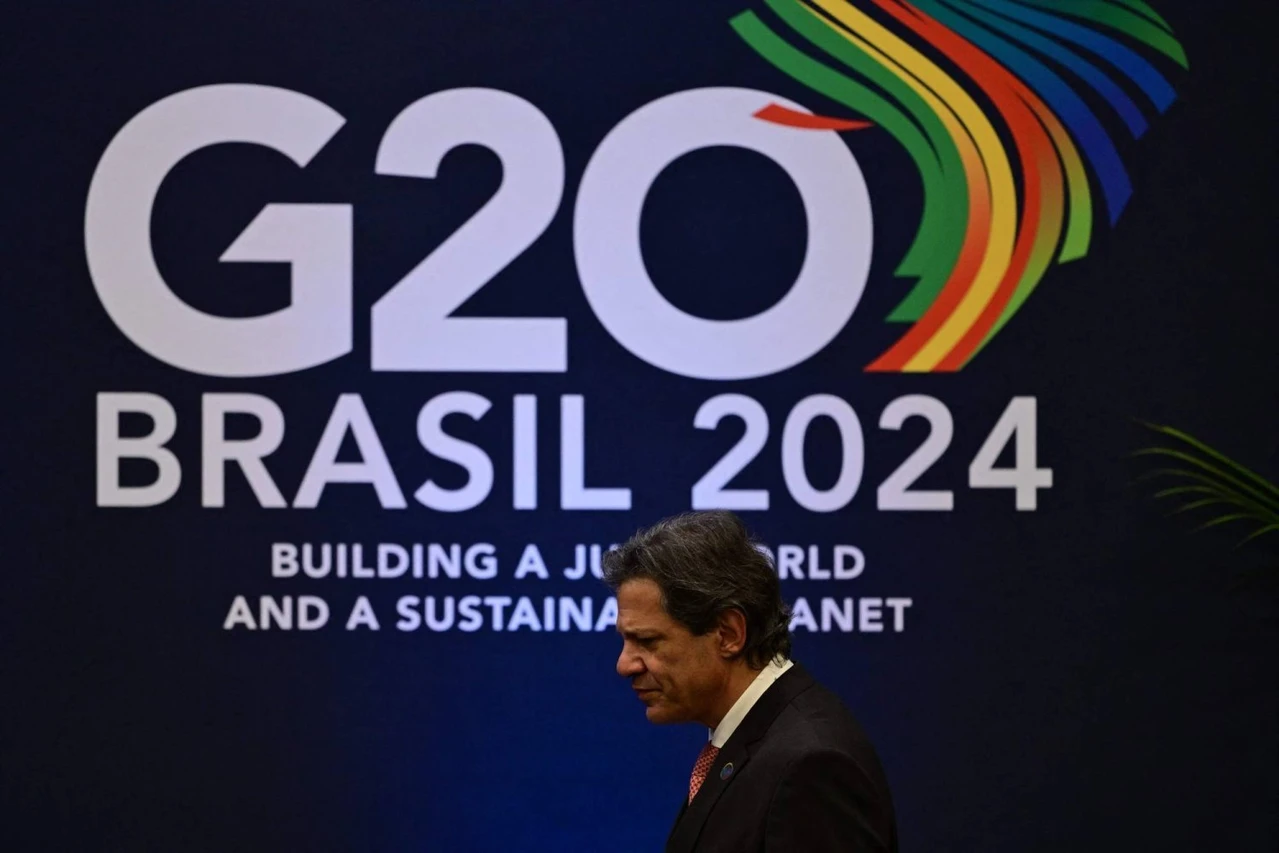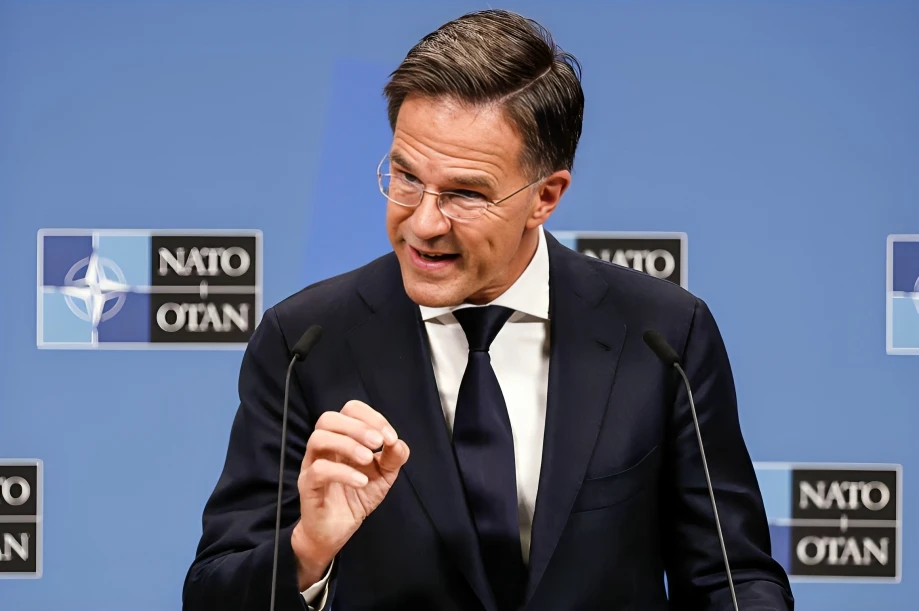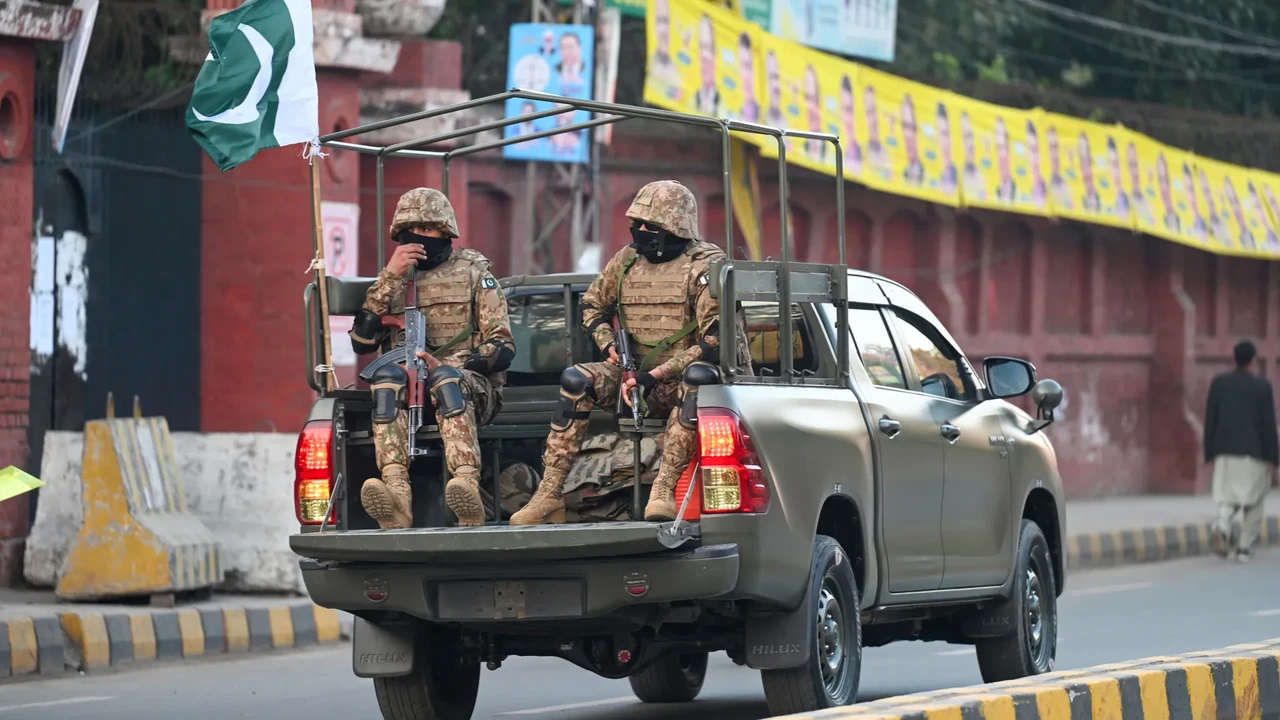Israeli airstrikes on Gaza displacement center burns hundreds of civilians to death
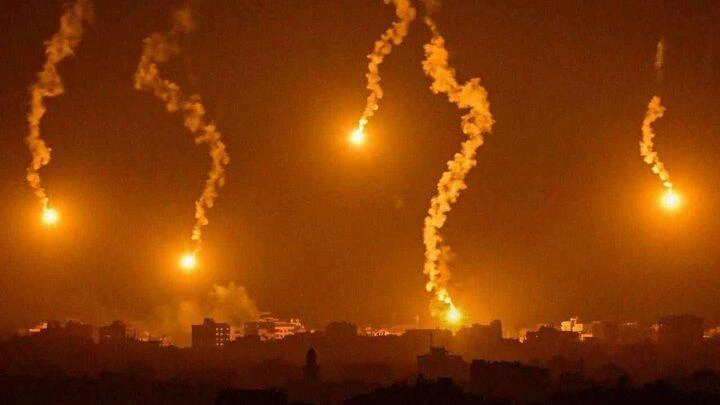
Israel hits far-southern city of Rafah, where IDF confirmed it killed two senior Hamas officials, while unofficial reports claim hundreds of civilian casualties
At least 35 people were killed and dozens wounded in Israeli airstrikes on a center for displaced people near Rafah, the Palestinian health ministry in Hamas-run Gaza reported early Monday.
The strikes targeted a compound in the far-southern city of Rafah, where Israel’s army confirmed it killed two senior Hamas officials. The army acknowledged reports of civilian casualties and stated that the incident is under review.
“Israeli strikes claimed the lives of 35 martyrs and left dozens injured, most of them children and women,” the Gazan health ministry said in a statement.
Israel’s military identified the Hamas officials killed as Yassin Rabia and Khaled Nagar. According to the army, both men were involved in planning attacks and managing funds for the group’s operations in the West Bank and Gaza.
“The strike was carried out against legitimate targets under international law, through the use of precise munitions and on the basis of precise intelligence that indicated Hamas’s use of the area,” the Israeli army said. “The (Israeli army) is aware of reports indicating that as a result of the strike and fire that was ignited several civilians in the area were harmed. The incident is under review.”
The Hamas-run government media office accused Israel of committing a “horrific massacre” by intentionally bombing the UNRWA’s Barkasat displacement center. The strikes resulted in the deaths of 30 people and injured dozens, it said. Gaza’s civil defense agency reported that at least 50 people were killed and wounded in the area, which houses approximately 100,000 displaced individuals.
The emergency committee in Rafah noted that Israeli forces had targeted areas they previously designated as safe for civilians, undermining their claims of providing safe zones. This targeting has caused widespread fear and confusion among the displaced population, further complicating humanitarian efforts.
Medical charity Doctors Without Borders confirmed that 15 dead were brought to a facility it supports. The International Committee of the Red Cross (ICRC) reported that its field hospitals were experiencing an “influx of casualties seeking care for injuries and burns.”
“Our teams are doing their best to save lives,” the ICRC said.
Further strikes in Rafah late Sunday were reported by the Kuwait Specialized Hospital, which received the bodies of three individuals, including a pregnant woman.
These events unfolded amid heightened tensions following an Israeli ground operation in Rafah earlier this month. On Sunday, the Israeli army reported that at least eight rockets were fired from Rafah towards central Israel.
Hamas’s armed wing claimed responsibility for a rocket barrage targeting Tel Aviv, describing it as retaliation for what it termed “Zionist massacres against civilians.”
In response, the Israeli military stated that its air force conducted additional strikes on Rafah, hitting a rocket launcher near two mosques.
“The rocket launcher, which was situated near two mosques in the area of Rafah, was struck by the (Israeli Air Force) shortly after,” the military said in a statement.
Adding to the severity of the situation, the Palestinian health ministry announced Sunday evening that no hospital in Rafah could accommodate the victims of what it termed the “Israeli massacre” of displaced persons in the city’s west. The massacre occurred in the Tel Sultan area, which Israel had not warned to evacuate.
The strikes followed a decision by the International Court of Justice to halt the Israeli military operation in Rafah immediately. Despite this, Israel continued its offensive, which included the takeover of the Palestinian side of the Rafah border crossing with Egypt. This closure prevented wounded individuals from seeking treatment and hindered the entry of humanitarian aid.
The ongoing conflict has forced at least 810,000 Palestinians to flee Rafah, a city that was home to about 1.5 million people, including 1.4 million displaced from other areas in Gaza.
Since Oct. 7, Israel has waged a war on Gaza, resulting in over 116,000 Palestinian casualties, the majority being children and women, and about 10,000 people reported missing amid widespread destruction and famine that has claimed the lives of both children and the elderly.
Israel has ignored a United Nations Security Council call to cease hostilities immediately and faces potential international criminal charges for war crimes and crimes against humanity.
Israel has maintained a blockade on Gaza for an extended period, severely restricting the movement of goods and people in and out of the territory.
This blockade has contributed to dire humanitarian conditions for Gaza’s approximately 2.3 million residents, with shortages of essential supplies such as food, water, and medical resources. The blockade has been a longstanding issue, exacerbating the challenges faced by Palestinians in the region.
